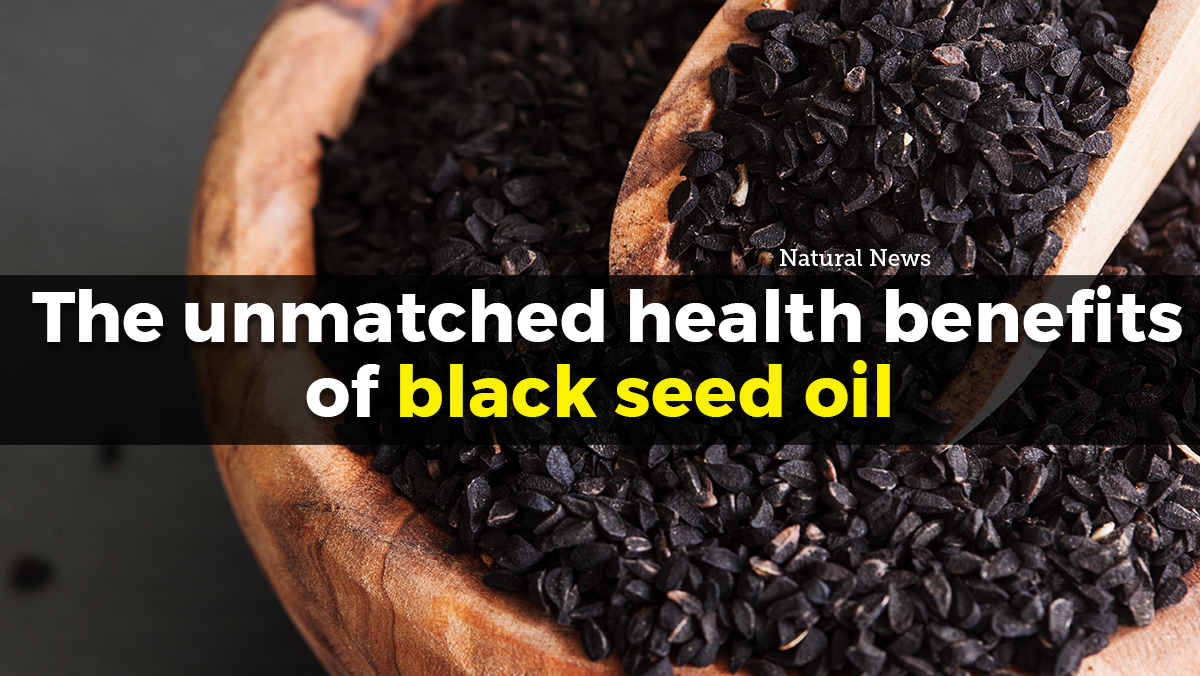Your immune system is an incredible thing; it defends your body against pathogenic bacteria on a daily basis, and it functions without you ever even having to think about it. And, let’s be honest, it’s kind of a thankless job.
Many people don’t even remember to think about their immune systems until they’re sick. But new research shows that your immune system may be doing a lot of “remembering” for you, and that inflammation can have a profound effect on the immune system’s memory, especially the brain-specific immune cells known as microglia.
Scientists say these new findings could shed light on the development of neurodegenerative conditions like Alzheimer’s disease.
The link between immune cells and Alzheimer’s disease
Microglia are a specialized type of immune cell found only in the brain, and they’re known for having an atypically long life cycle. Because of this long lifespan, scientists have long wondered what kinds of environmental factors cause changes to these cells for the long haul. There are suspicions that changes to the microglia could contribute to the onset of neurodegenerative conditions like dementia or Alzheimer’s disease.
Dr. Jonas Neher, study leader and scientist at the DZNE and the HIH, explained, “Epidemiological studies have shown that infectious diseases and inflammation suffered during a lifetime can affect the severity of Alzheimer’s disease much later in life. We therefore asked ourselves whether an immunological memory in these long-lived microglia could be communicating this risk.”
To conduct their research, Dr. Neher and his team experimented on mice that model Alzheimer’s disease by injecting them with a bacterial component lipopolysaccharide to set the stage for inflammation. As sources explain, “The inflammatory response triggered by the first shot trained microglia to be on guard for subsequent infections. After repeated injections, however, the immune cells barely responded—they’d developed tolerance to the molecules.”
The researchers say that the “trained” microglia ultimately caused an increase in amyloid plaque formation — the hallmark of Alzheimer’s — resulting in more severe disease. Even months after the initial exposure, these changes to the microglia were still detectable, indicative of epigenetic alterations. While the microglia’s ability to “remember” is quite impressive, it’s not exactly good news. Indeed, it seems inflammation elsewhere in the body can still spell big trouble for your brain.
“It is possible that also in humans, inflammatory diseases that primarily develop outside the brain could trigger epigenetic reprogramming inside the brain,” Neher contended.
Inflammation: The harbinger of disease
Is there any part of the body that isn’t negatively effected by inflammation in the long-term? Science has consistently shown that inflammation is a cause of or contributing factor in almost every major disease, including heart disease, cancer, digestive disorders, neurodegenerative diseases, and the list goes on.
Your body’s inflammatory response is an integral part of the immune system functions for healing and protecting the body; when inflammation becomes chronic, disaster is on the way.
Fortunately, there are many natural ways you can fight inflammation. For example, supplementing with anti-inflammatory herbs is a great way to support health. As reported, “These include turmeric, ginger, Manuka honey, green tea, white willow bark, olive leaf extract, cloves, chili peppers, black peppers, frankincense, bark from maritime pine tree, cat’s claw, pepper, rosemary, ginger, and cinnamon. These herbs will help reverse chronic inflammation in the body very fast.”
Baking soda has also recently been discovered to help mitigate the inflammatory response. Activities like yoga, meditation and Traditional Chinese Medicine practices can also help support a healthy immune system response. Learn more about natural healing at AlternativeMedicine.news.
Sources for this article include:
WakingTimes.com
MedicalXpress.com
The-Scientist.com



















